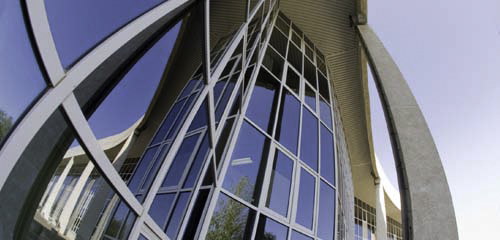The University, as a public body, has the capacity, to a greater or lesser extent, to dispose of its assets, to administer them and to acquire goods for use in the three missions that society entrusts to it: teaching, research and knowledge transfer. On the other hand, the University has a social responsibility towards its environment, both to ensure the sustainability of its activity and to help transform and develop the provincial and regional territory.
The commitment of the Vice-Rector’s Office for Infrastructures and Heritage is to improve the working conditions of the people who make up the University, both in terms of equipment and physical conditions; establishing energy sustainability criteria for our facilities, both those we already have and those newly created to ensure the minimum impact of our activity and continuing with the multi-year maintenance plan for the facilities to make them more comfortable and safe.
If we want the University to contribute to the improvement of the environment in which it is located and for this to be compatible with our own development, it is the aim of this Vice-Rector’s Office to plan the infrastructure needs for the coming years.
The institution has an important heritage, both tangible cultural assets in their different manifestations, as well as intangible assets, whose identification, valuation and promotion must be completed by this Vice-Rector’s Office. The movable assets owned by the University are conveniently separated in spaces ceded to the heads of the units and whose identification and control for their use in the planning of teaching in collaboration with campus centres and administrations is also the responsibility of this Vice-Rector’s Office.


